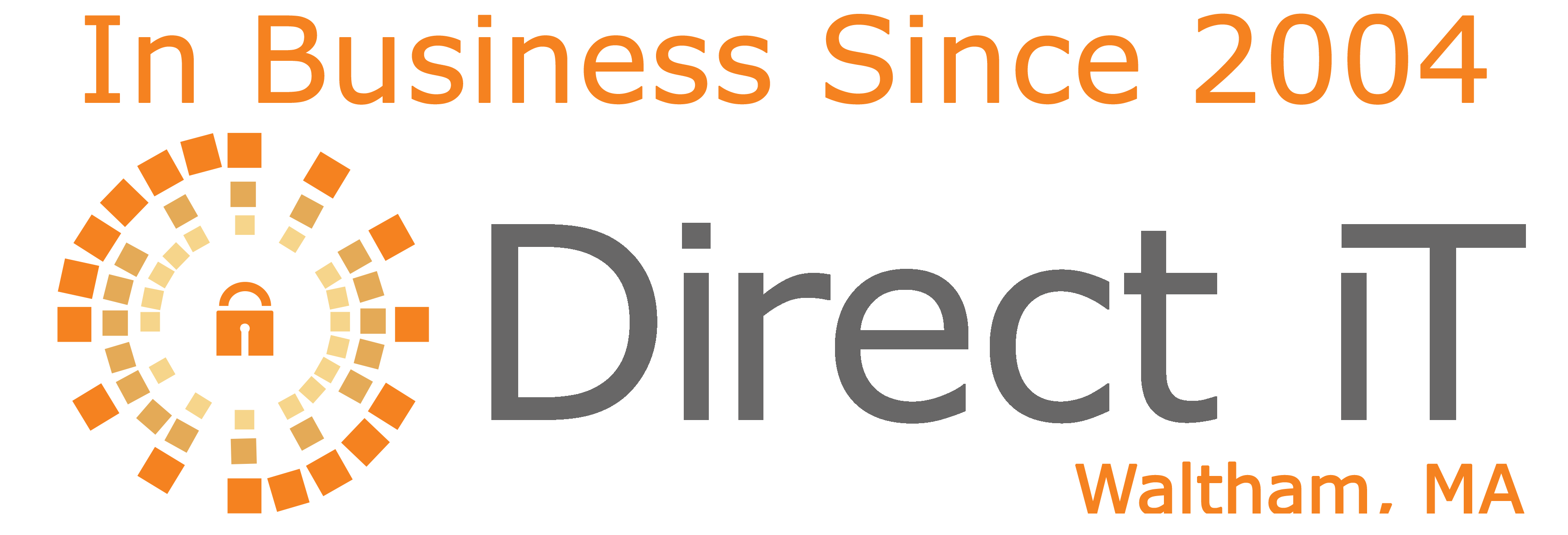In recent years, ransomware attacks have become an increasingly severe threat to businesses of all sizes, as they find themselves in the crosshairs of cybercriminals. The latest Joint Cybersecurity Advisory report on “RansomHub ransomware,” a ransomware-as-a-service variant, underscores the urgency to prioritize cybersecurity measures.
Since its inception in February 2024, RansomHub has wreaked havoc across various sectors, including critical United States infrastructure such as water and wastewater, information technology, healthcare, and financial services. The ransomware has successfully encrypted and exfiltrated data from at least 210 victims.
Ransomware-as-a-Service (RaaS) represents a growing and alarming trend in the world of cybercrime. This business model allows cybercriminals to lease or sell ransomware tools to other individuals or groups, often referred to as affiliates, who in turn conduct ransomware attacks. Essentially, RaaS operates similarly to legitimate software-as-a-service (SaaS) platforms, but with malicious intent.
RaaS affiliates often use various methods to gain initial access to their targets, including:
- Phishing emails
- Exploitation of known software vulnerabilities
- Password spraying attacks
RansomHub affiliates employ a double-extortion model, which involves encrypting systems and exfiltrating data to extort victims. The ransom note typically instructs victims to contact the ransomware group via a unique .onion URL and gives them a deadline to pay the ransom before their data is published on the RansomHub Tor data leak site
This tactic not only disrupts business operations but also puts sensitive data at risk of public exposure.
Small businesses, often lacking robust cybersecurity measures, are particularly vulnerable to these attack vectors. The ransomware uses sophisticated tools and techniques, making it challenging for businesses to detect and mitigate the threat.
The financial and operational impact of ransomware attacks on small businesses can be devastating. Unlike larger enterprises, small businesses may not have the resources to recover from such incidents. The cost of paying the ransom, coupled with the potential loss of data and business disruption, can lead to significant financial strain. Moreover, the reputational damage resulting from a ransomware attack can erode customer trust and loyalty.
As cybercriminals continue to evolve their tactics, small businesses must prioritize cybersecurity and take proactive steps to protect their assets. By doing so, they can safeguard their operations, data, and reputation from the devastating impact of ransomware attacks.

